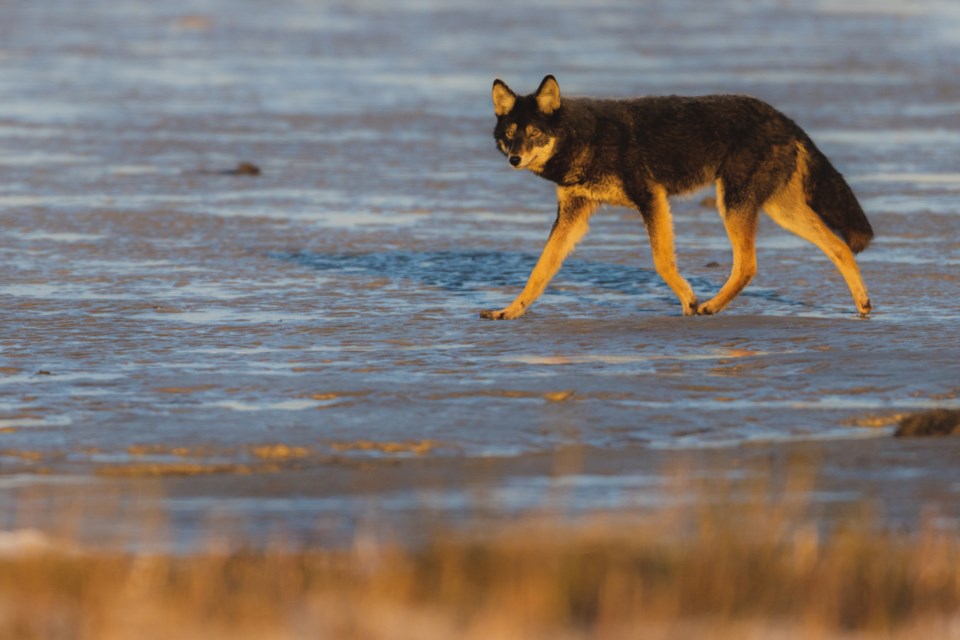Every day we read, watch and listen to stories about how changes in the environment are impacting our lives.
Sometimes the stories we hear discuss big concepts like climate change and biodiversity. Sometimes the story comes to us as a flood or fire, but when we step outside and go looking, it is often the individual animals we connect with the most. Personally, I’ll never forget the sight of a coyote hunting birds across mudflats in the morning fog.
Those living in Metro Vancouver are lucky to be in or near the Fraser River Delta, one of the best places in all of B.C. to see wildlife. With the cities of Delta, Richmond and Surrey all participating in the City Nature Challenge later in the month, we have an excellent opportunity to better document the species found all around us.
It turns out, we know very little about the plants and insects that form the basis of the Fraser Delta food chain. For instance, few of us have heard of or seen the Georgia Basin Bog Spider or could identify Streambank Lupine. Within Canada, these species are found only in the south coast region of British Columbia.
Every species we identify during the City Nature Challenge will be recorded in a public database used to identify Key Biodiversity Areas.
Such data is central to global efforts to halt and reverse the decline of nature.
In collaboration with the City of Delta, members of the Delta Naturalists will be in some of our local parks to help search for and identify species, as follows on Saturday, April 30 and Sunday May 1 at:
- McKitrick Garden – 9 to 11 a.m.
- Ladner Harbour Park – 9 to 11 a.m.
- Diefenbaker Park – 9 to 11 a.m.
Register at [email protected] to attend one of the events.
Editor's Note: Nature Notes is a monthly column produced by the Delta Naturalists and their community partners.




